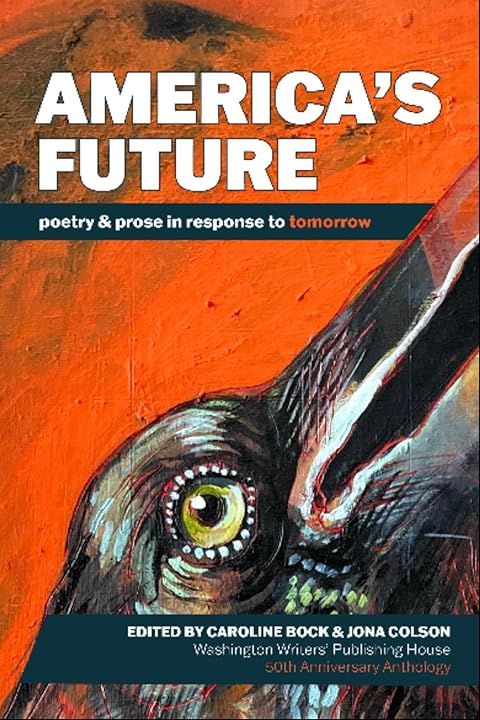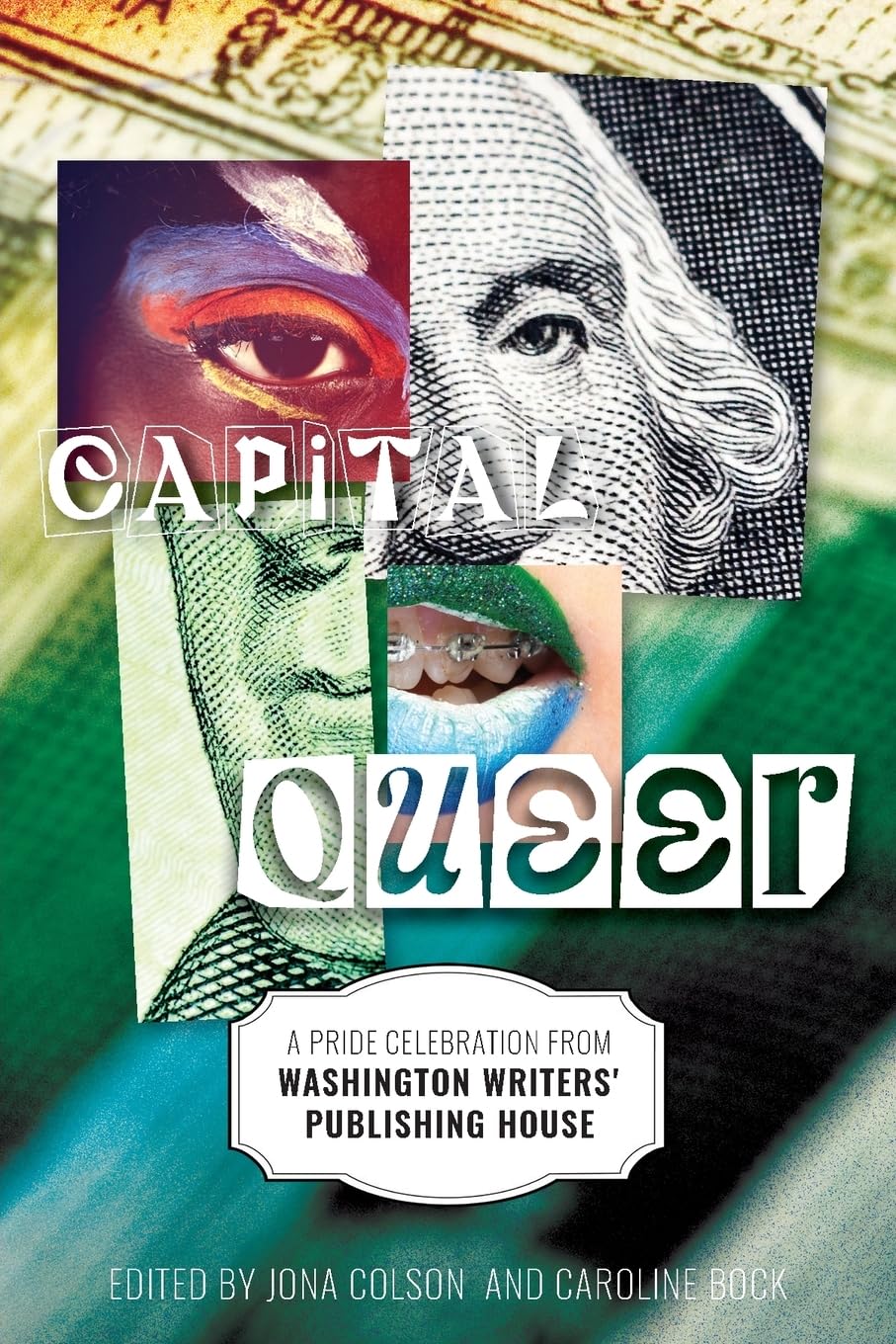America's Future
Poetry & Prose in Response to Tomorrow
Edited by Caroline Bock & Jona Colson
AMERICA'S FUTURE: poetry & prose in response to tomorrow gathers 164 daring writers who confront our nation's crossroads with vision and urgency. This powerful anthology invites you to witness America's reckoning and renewal.
“America’s Future is not just an anthology — it is a conversation with the unknown and with our community. It challenges us to confront the past, question the present, and shape the future with our art, with our words.”

Capital Queer
A Pride Celebration From Washington Writers' Publishing House
Edited by Jona Colson & Caroline Bock
"Celebrating LGBTQIA voices across D.C. Featuring poetry, fiction, and essays from both emerging talents and award-winning authors, Capital Queer honors the full spectrum of the queer experience. "
- Hannah Grieco, Washington City Paper
Jona Colson
Educator & Poet
Jona Colson is an educator and poet. His poems have appeared in The Southern Review, Ploughshares, The Massachusetts Review, and elsewhere. In addition to writing his own poetry, he also translates the Spanish language poetry of Miguel Avero from Montevideo, Uruguay. Jona is currently a professor at Montgomery College in Maryland, where he teaches English as a Second Language. He lives in the Dupont Circle area of Washington, D.C.

A Debut Poetry collection by
Jona Colson
"What strikes me most are the emotional variations Colson can imagine. Colson’s is an infectious and reflective voice at poetry’s fine table."
- Washington Independent Review of Books
Said Through Glass by Jona Colson is a debut poetry collection from the Washington Writers’ Publishing House.

